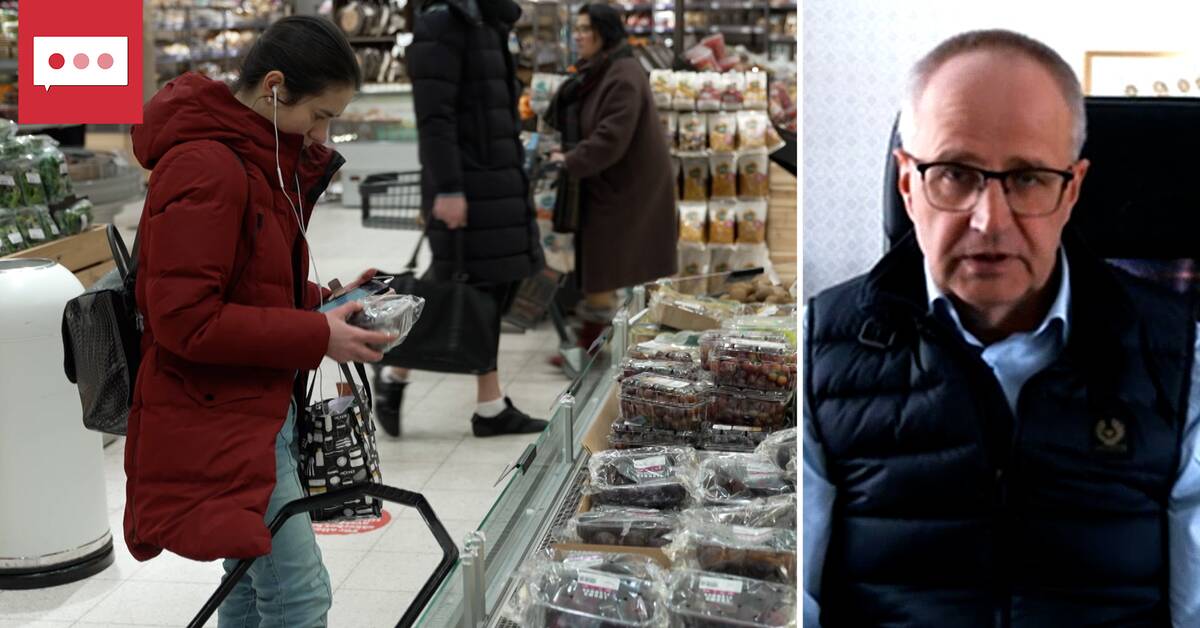Global food prices rose by 34 percent year-on-year in March, according to figures from the UN.
Compared with February, prices rose by 12.6 per cent in March, the highest levels since the UN began surveys in 1990.
And prices are expected to increase even more as there is a crisis for many Swedish farmers, especially for pig and poultry producers.
It has gone so far that an egg producer outside Örebro would earn more by paying the invoice of one million but not receiving his new laying hens.
- We get quite a few such examples now where you make a budget for this year and see that if I continue to produce as I did before, I will make a loss of two to five million kroner, says LRF's union president Palle Borgström .
Dramatic cost increases
What is needed according to LRF and the Swedish Board of Agriculture is a price increase in the retail trade where a larger part goes to the producers.
Something that both the Axfood Group, Coop and ICA opened up in Ekonomiekot.
Normally, it usually takes three to six months before you agree to pay a higher price to the producers.
Now the trade is willing to deviate from the notification period and quickly let through the price increases.
- It is very welcome that the trade now says that they implement agreed price changes much faster.
This is a prerequisite for us to be able to maintain as large a share as possible of Swedish production, says Borgström.
"Can have dramatic consequences"
According to LRF, it is important with both price increases in trade but also support from the state.
- It takes time to get price increases to consumers and we may not be able to get everything that way and then we need a political support package that helps us through this tough period.
The measures taken now will not affect the food we eat this spring and summer, but it will affect what is to be consumed next year.
- When the feed costs are so high that you simply can not afford to put in a new batch of animals, the effect is not noticeable here and now, but it will be felt in a year.
In the long term, this will have quite dramatic consequences for the Swedish food supply, says Palle Borgström.

